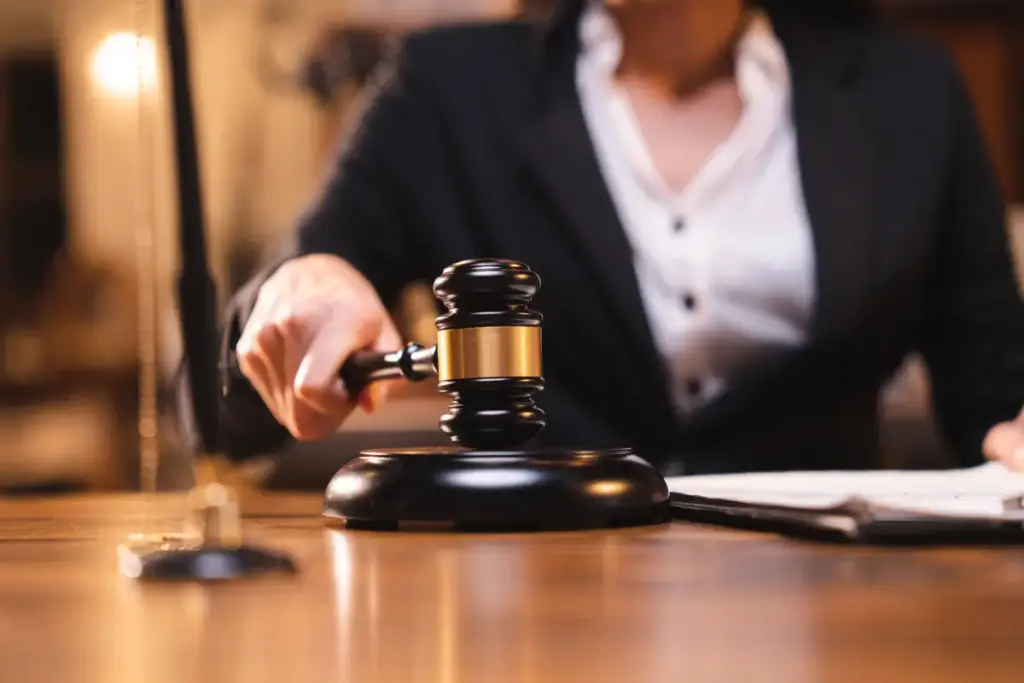Can Debt Recovery Lead to Court? What You Need to Know
Have you ever wondered what happens if an individual can’t repay a debt? Does it always lead to court action, or are there ways to prevent it? Understanding the debt recovery process is crucial for managing financial obligations and protecting your future. Let’s unpack this often confusing topic to help you make informed decisions and navigate the process confidently.
What Does Debt Recovery Involve?
Debt recovery is the process by which creditors recover money owed to them. This process can include everything from sending reminders to initiating legal action. If a creditor believes you’re liable for a debt, they may pursue repayment through a structured process.
Being proactive is key. Ignoring the situation can lead to legal proceedings, which may significantly impact your financial health and credit score.
What Is Debt Liability?
Debt liability refers to your legal obligation to repay money owed. This liability arises from agreements or statutory responsibilities, such as:
- Credit agreements: Including loans, credit cards, or hire purchase contracts.
- Council tax and utilities: Bills required for essential services.
- Tenancy agreements: Rent is outlined in a rental contract.
However, not all debts are enforceable. For instance, if the creditor didn’t properly assess your ability to repay or if the debt is ‘statute-barred’ (exceeding the legal time limit for collection), you might have grounds to challenge it.
What Happens If You're Taken to Court for Debt?
If informal recovery methods fail, creditors may escalate the matter to court. However, legal proceedings follow specific protocols, offering you opportunities to respond and resolve the issue before the court process begins.
Step 1: Default Notice
A default notice is the first formal warning. It outlines missed payments and gives you at least two weeks to settle the debt. Paying within this period stops further action. However, it’s worth noting that a default notice will remain on your credit file for six years from the issue date. Once the debt is paid, the default notice will show “satisfied,” but it will remain on the record for 6 years from the date it was first entered.
Step 2: Letter of Claim
If the default notice is ignored, creditors send a Letter Before Claim. For business-to-consumer or limited company to sole trader debts, there must be a written 30-day reply period that includes:
- A reply form to confirm or dispute the debt.
- A financial statement template to propose repayments.
- Contact details for free advice organisations.
Step 3: Claim Pack
When debts remain unresolved, creditors may file a court claim. You’ll receive a claim pack, which includes:
- N1 Claim Form: Details of the debt and amount owed.
- N9 Response Pack: Allows you to request more time to prepare a defence.
- N9A Admission Form: To admit the debt and propose a payment plan.
- N9B Defence Form: To dispute the debt or make a counterclaim.
It’s vital to respond within two weeks. Failing to do so can result in a default judgment being entered, which can negatively affect your credit record. Accordingly, if the debt is paid within one month, you can write to the court with proof that the debt has been paid, and the judgment will be removed from the register.
Steps to Take If You Agree or Disagree
If You Agree
If you acknowledge the debt, consider negotiating a repayment plan. Many creditors prefer resolving issues without court involvement. Ensure you stick to the agreed terms to avoid further complications.
If You Disagree
Disputing a debt requires clear evidence. You might challenge it if:
- The debt is statute-barred.
- The creditor didn’t follow the correct legal procedures.
- The agreement was unfair or unclear.
Seek legal advice before defending a claim to ensure your response is robust and well-prepared.

What Are County Court Judgments (CCJs)?
If a creditor wins their case, the court may issue a County Court Judgment (CCJ). This formal decision requires you to repay the debt, either as a lump sum or in instalments. A CCJ remains on your credit file for six years, making it harder to secure loans or credit.
Options for dealing with a CCJ include:
- Applying to set aside: If you didn’t file an admission or defence.
- Applying for a variation: To adjust payments based on your financial situation.
- Appealing the judgment: If you disagree with the court’s decision.
- Requesting a judicial review: In exceptional cases, if you believe the judgment is unfair.
Understanding Statute-Barred Debts
A statute-barred debt is no longer enforceable through court action due to time limits. Under Section 29(5) of the Limitation Act 1980, in England, Wales, and Northern Ireland, this period is usually six years from the last payment or acknowledgement of the debt. The limitation period starts again from the date of the acknowledgement or the payment.
How to Handle Statute-Barred Claims
If contacted about such a debt:
- Avoid admitting liability.
- Inform the creditor in writing that the debt is statute-barred.
- Do not make any payment.
- Use templates from trusted organisations, such as Citizens Advice.
Knowing your rights can help you avoid unnecessary payments or legal proceedings.
Avoiding Court Action: Proactive Strategies
Preventing debt recovery from escalating to court requires open communication and effective management.
Communicate With Creditors
Engage with creditors early to discuss repayment options. Many are willing to accept reasonable instalment plans based on your circumstances.
Use Technology to Stay Organised
Automated systems can help track payments and send reminders, ensuring you stay on top of your financial commitments.
Seek Professional Advice
Organisations like Citizens Advice and debt recovery specialists provide guidance tailored to your situation. Their support can be invaluable in avoiding court action.
When Legal Action Is Unavoidable
If all else fails, legal action may become necessary. This includes filing a claim form to initiate proceedings. Ensure you complete all documents accurately and seek advice where needed.
For substantial debts, creditors might pursue insolvency proceedings, such as:
- Bankruptcy: For individual debts exceeding £5,000.
- Winding-up orders: For businesses owing over £750.
These steps are typically a last resort.
Final Thoughts
Debt recovery doesn’t have to lead to court. By understanding your rights and responsibilities, you can take control of the situation, avoid unnecessary stress, and protect your financial future.


